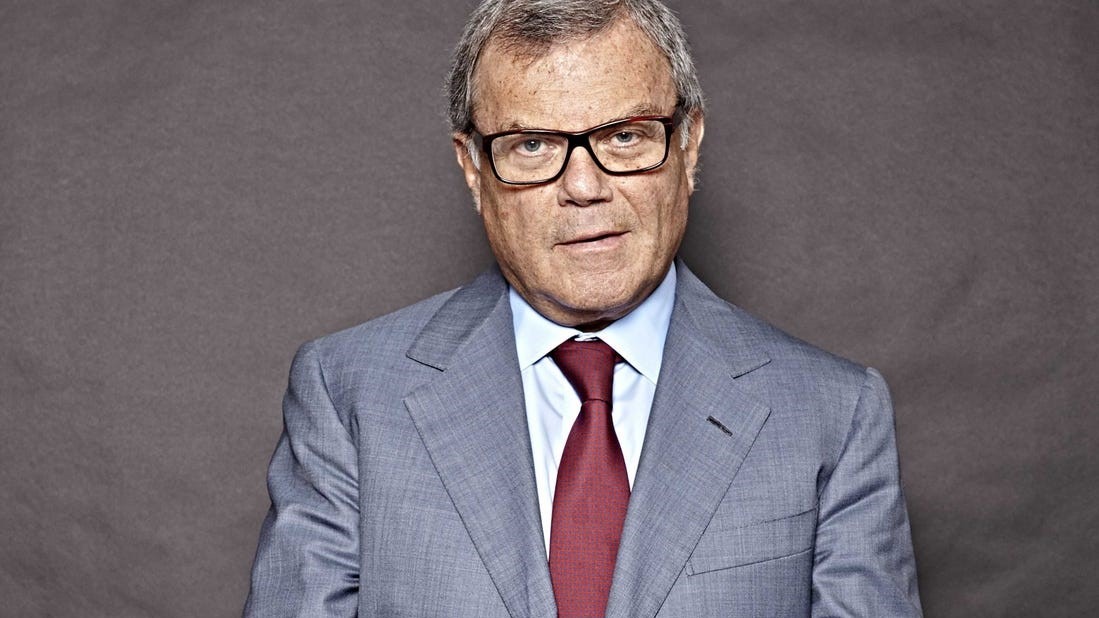Martin Sorrell is instantly recognisable. He is wearing a white t-shirt with white Apple AirPods tucked into his ears in a fine room with white walls lined with cartoons drawn from numerous articles about the media mogul over his many decades at the top. Sorrell is a natural conversationalist, capable of moving across decades of experience that saw him turn a tiny maker of wire supermarket baskets called WPP into the world’s largest marketing and communications group. A fearless dealmaker, he bought J Walter Thompson, an iconic American advertising agency dating back to 1896, listed his business on Nasdaq, and…
Cancel at any time. Are you already a member? Log in here.
Want to read the full story?
Unlock this article – and everything else on The Currency – with an annual membership and receive a free Samsonite Upscape suitcase, retailing at €235, delivered to your door.

